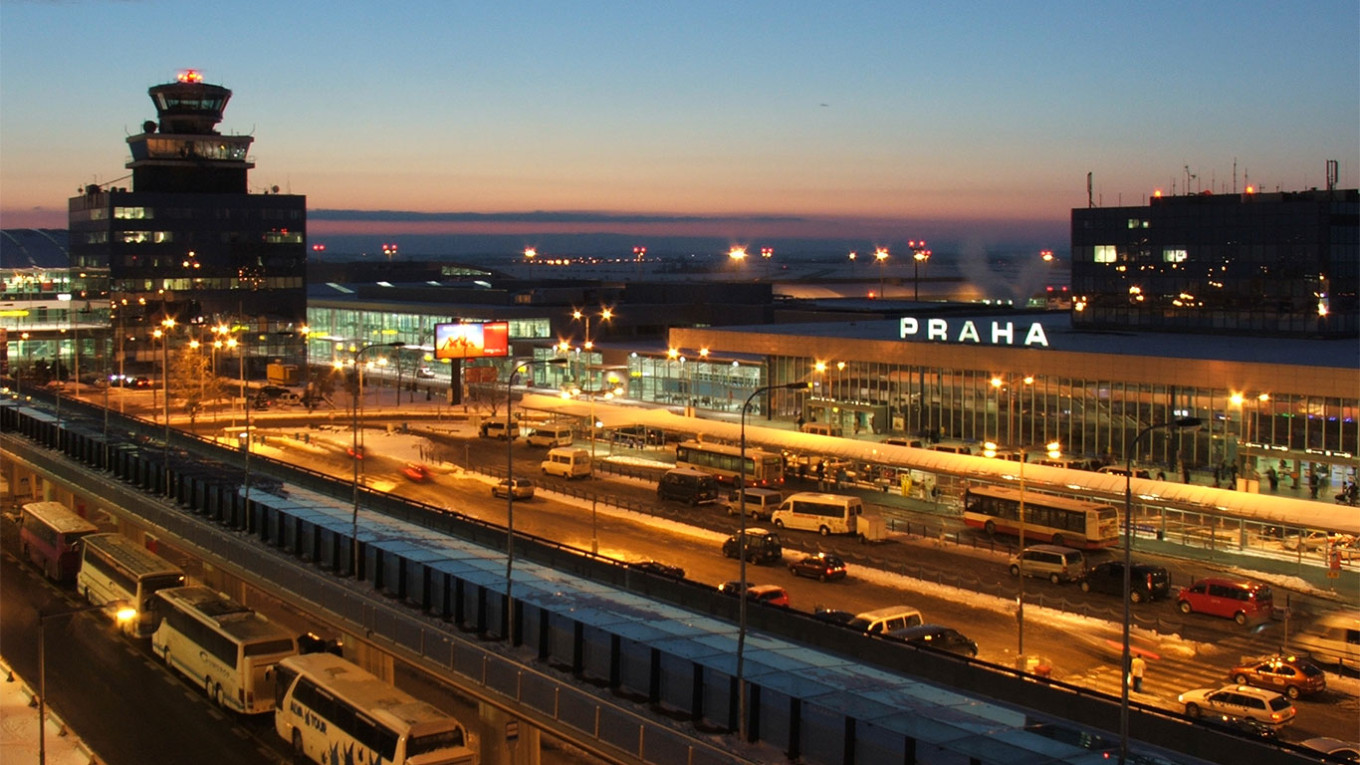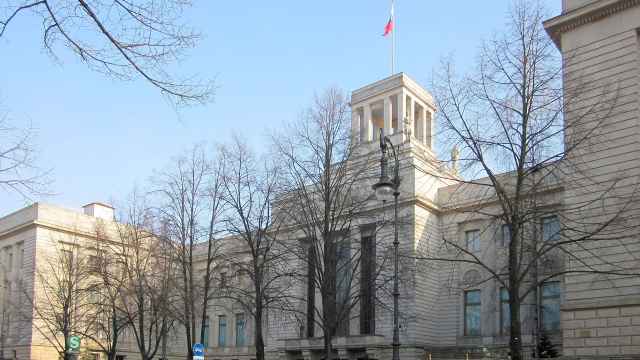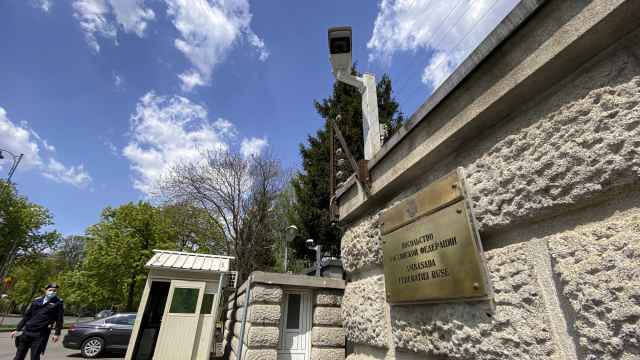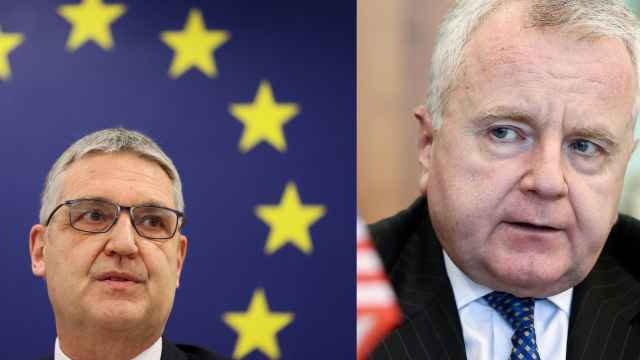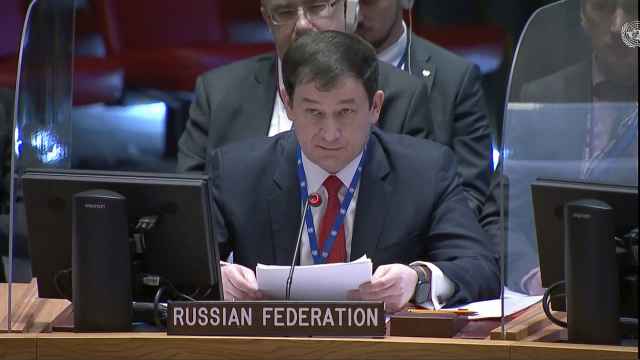European Union countries are in talks to limit the movements of Russian diplomats within the EU's border-free zone after the Czech Republic raised concerns about potential spies evading monitoring, the Financial Times reported Tuesday.
Last week, Prague shared a document outlining ideas to prevent spying activities for the EU's 12th package of sanctions against Moscow, which member states still need to approve, the FT reported.
Europe has expelled hundreds of Russians in retaliation to the Kremlin’s invasion of Ukraine and concerns about undercover spies posing as diplomats.
The Czech Republic has proposed that Russian diplomats be issued visas and residence permits that only allow travel within their host country and not the rest of the Schengen area, the FT said. Prague also proposed only accepting biometric passports, which are more difficult to forge.
“There are agents of [Russia’s military intelligence service] GRU and other services arriving in Czech territory. It is very complicated in Schengen to control this,” an anonymous EU diplomat told the FT.
Prague also reportedly highlighted specific concerns regarding officials who receive Austrian visas to work at UN institutions in Vienna who are then able to travel to the Czech Republic or elsewhere.
The proposals were sent to European countries by the European Commission last week, the FT said.
The Austrian government and the commission did not respond to the FT’s request for comment.
A Message from The Moscow Times:
Dear readers,
We are facing unprecedented challenges. Russia's Prosecutor General's Office has designated The Moscow Times as an "undesirable" organization, criminalizing our work and putting our staff at risk of prosecution. This follows our earlier unjust labeling as a "foreign agent."
These actions are direct attempts to silence independent journalism in Russia. The authorities claim our work "discredits the decisions of the Russian leadership." We see things differently: we strive to provide accurate, unbiased reporting on Russia.
We, the journalists of The Moscow Times, refuse to be silenced. But to continue our work, we need your help.
Your support, no matter how small, makes a world of difference. If you can, please support us monthly starting from just $2. It's quick to set up, and every contribution makes a significant impact.
By supporting The Moscow Times, you're defending open, independent journalism in the face of repression. Thank you for standing with us.
Remind me later.


